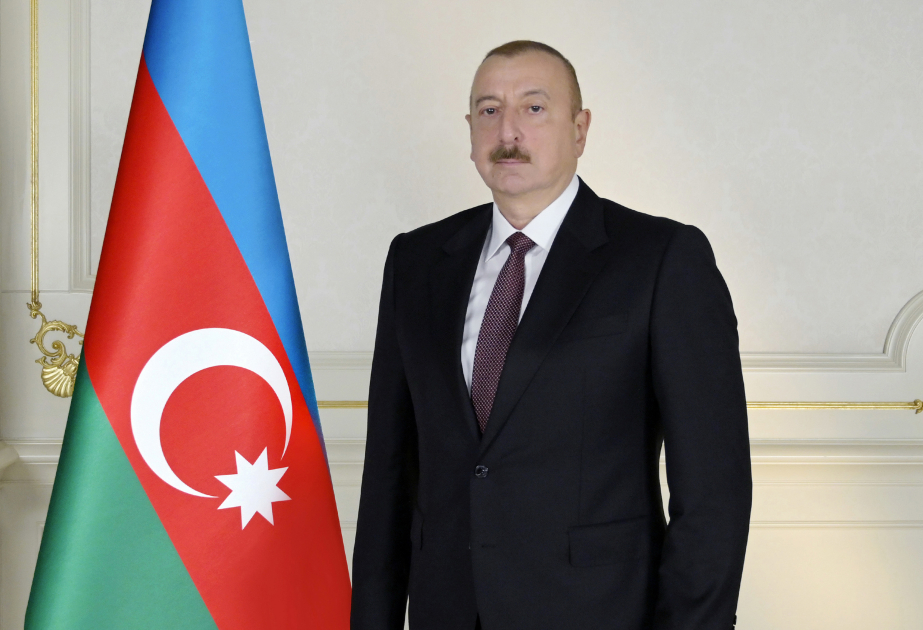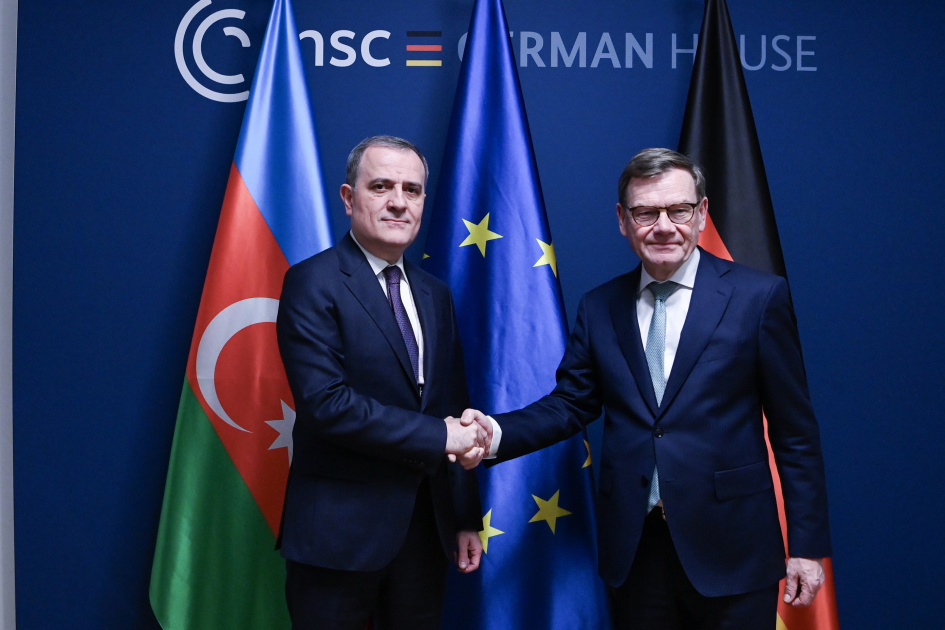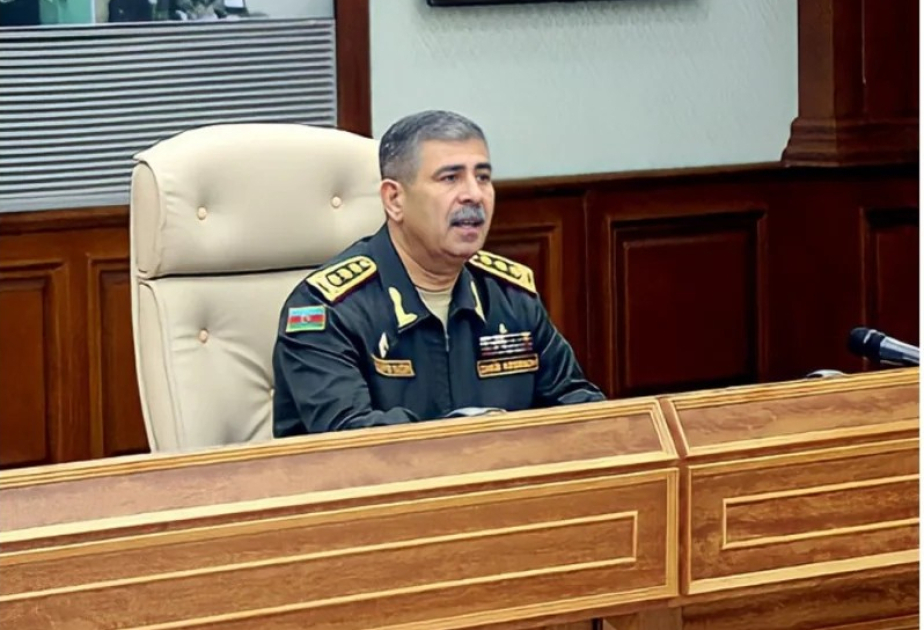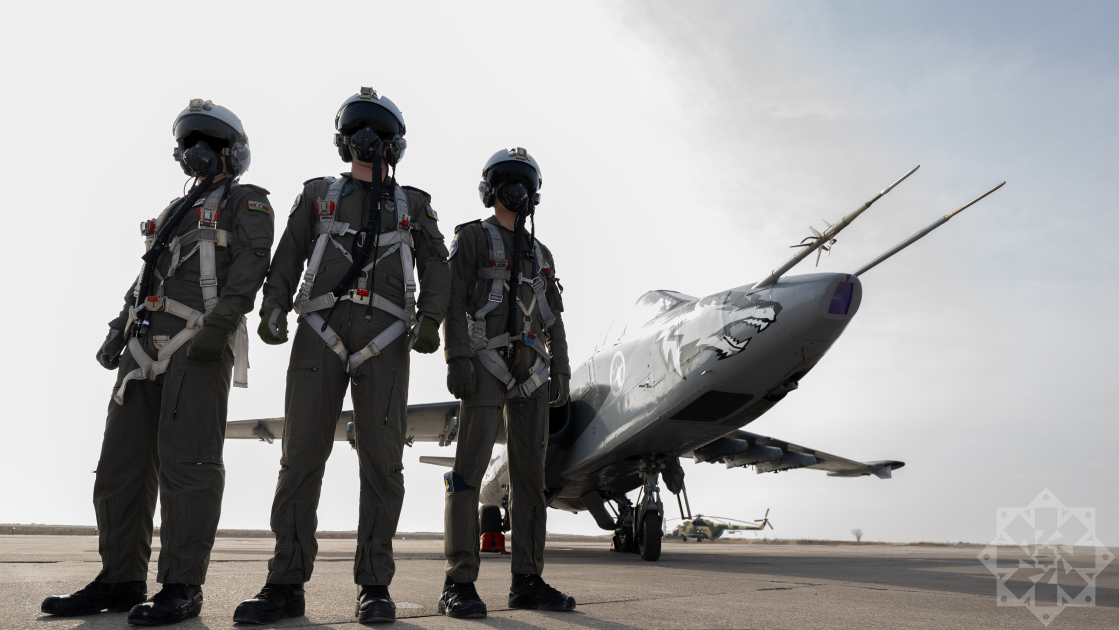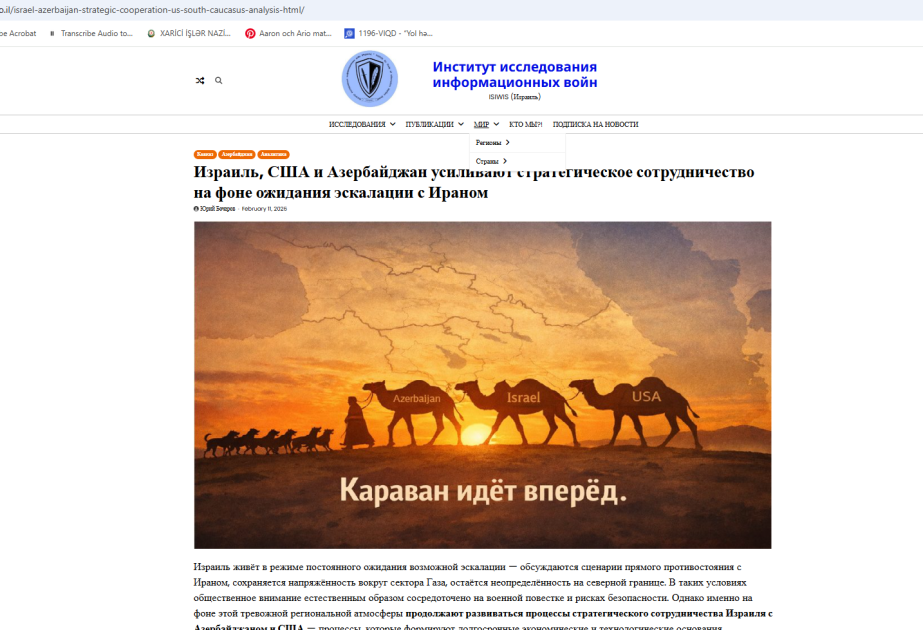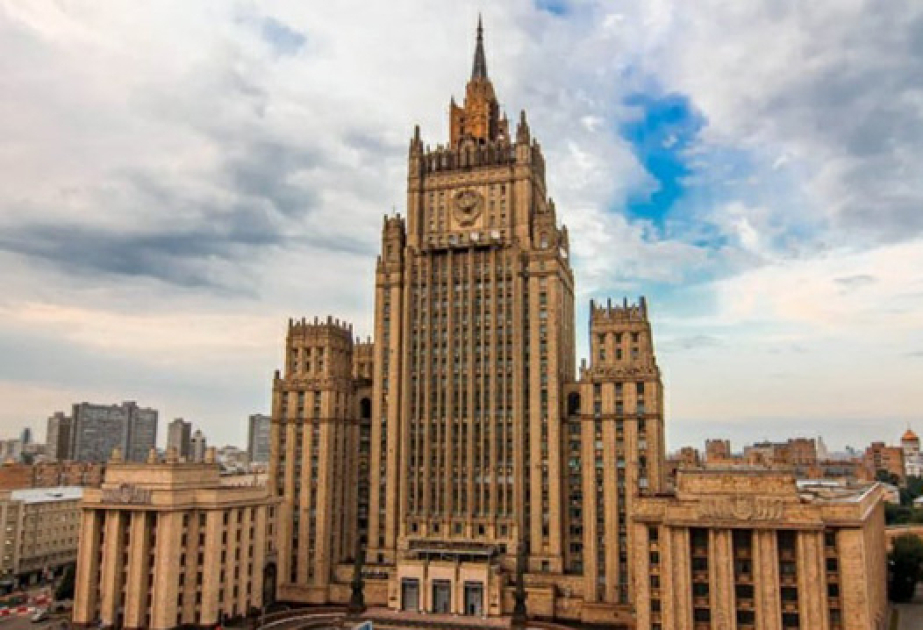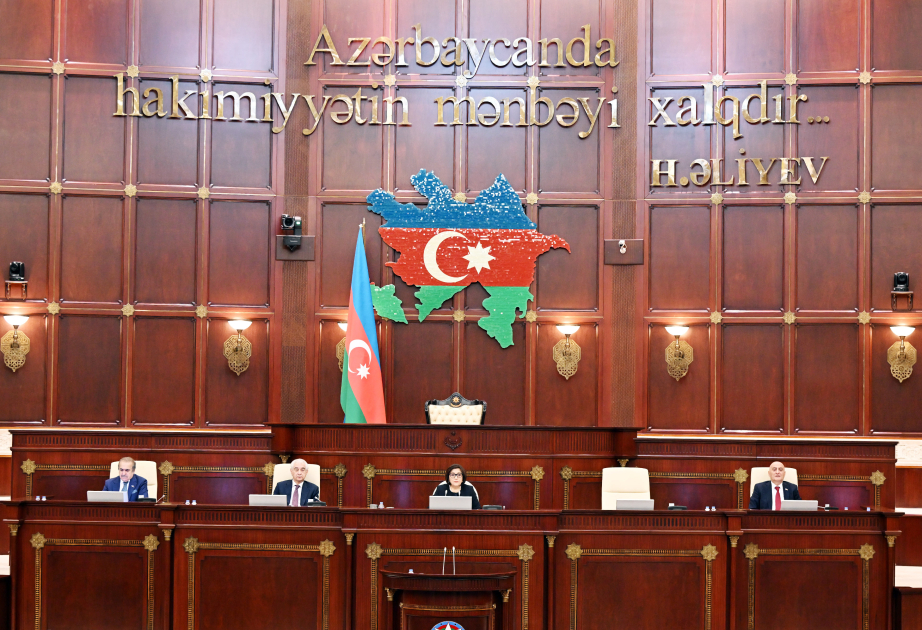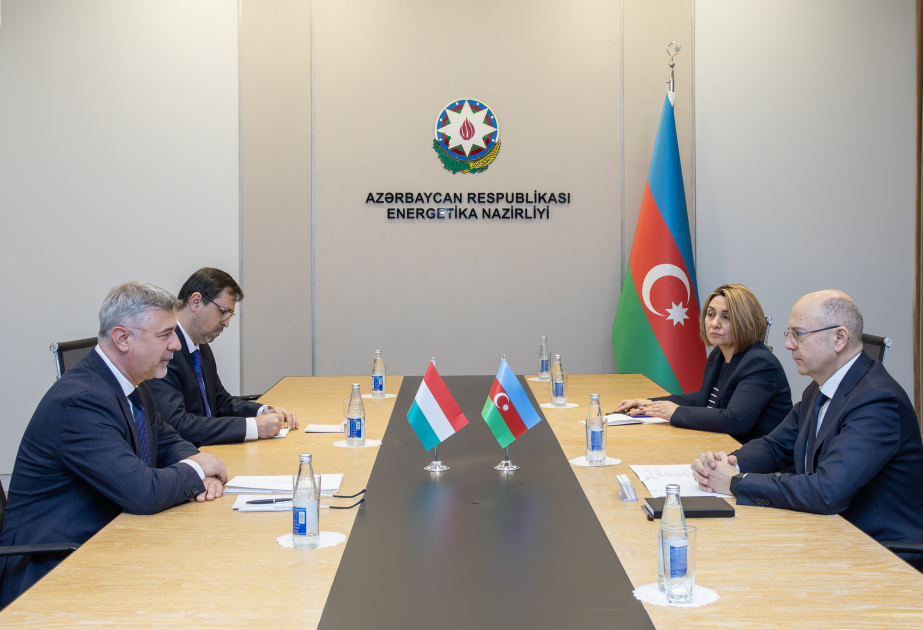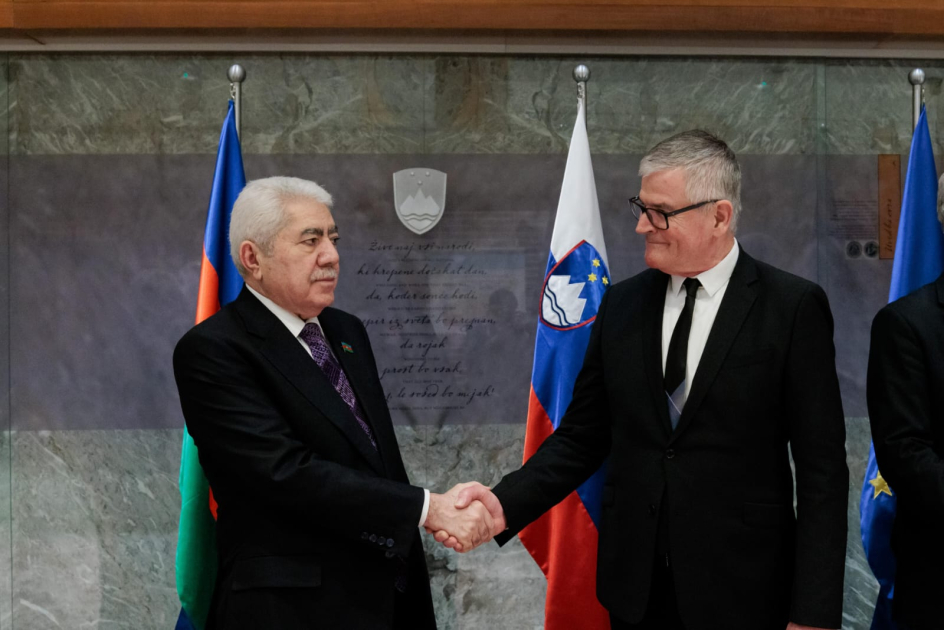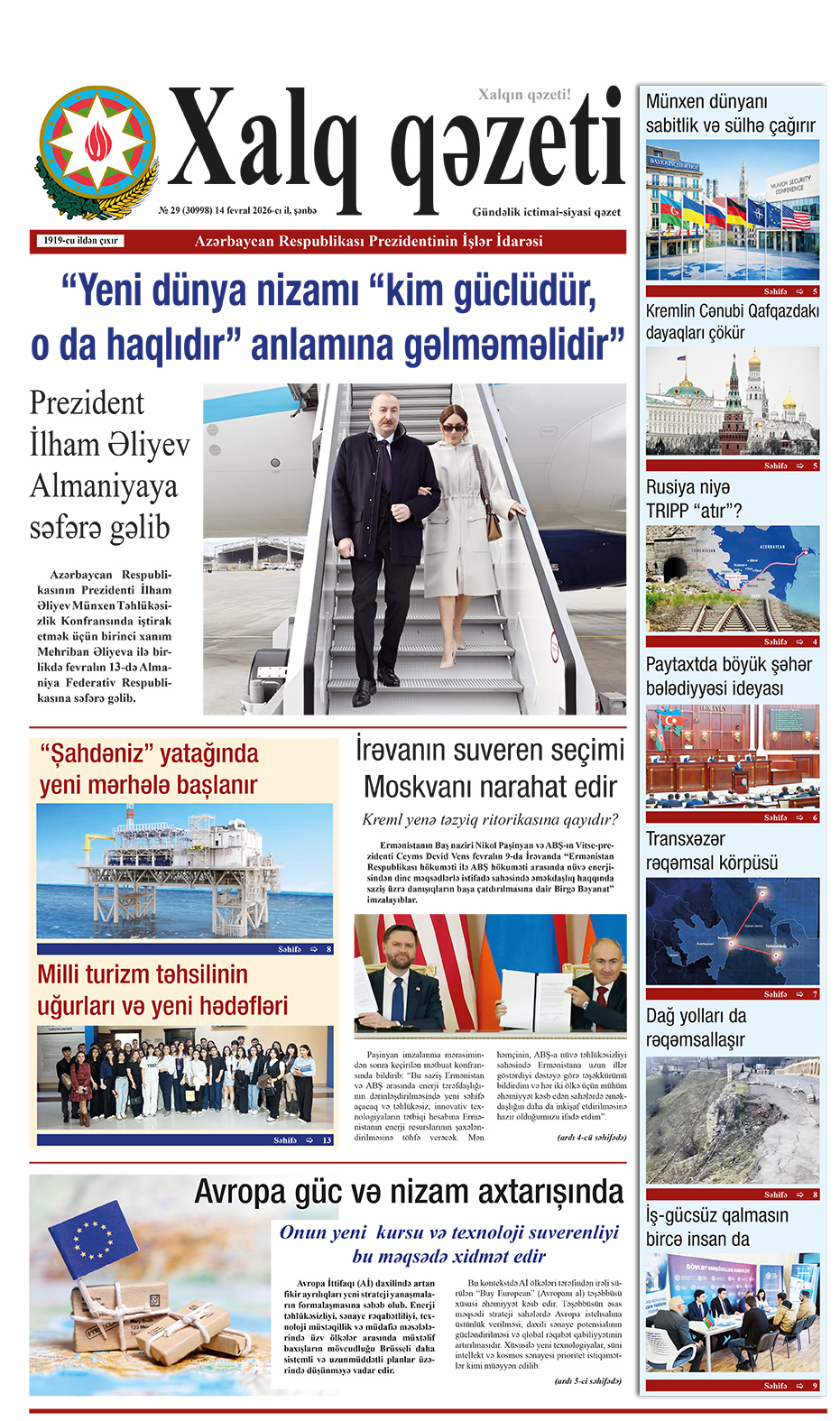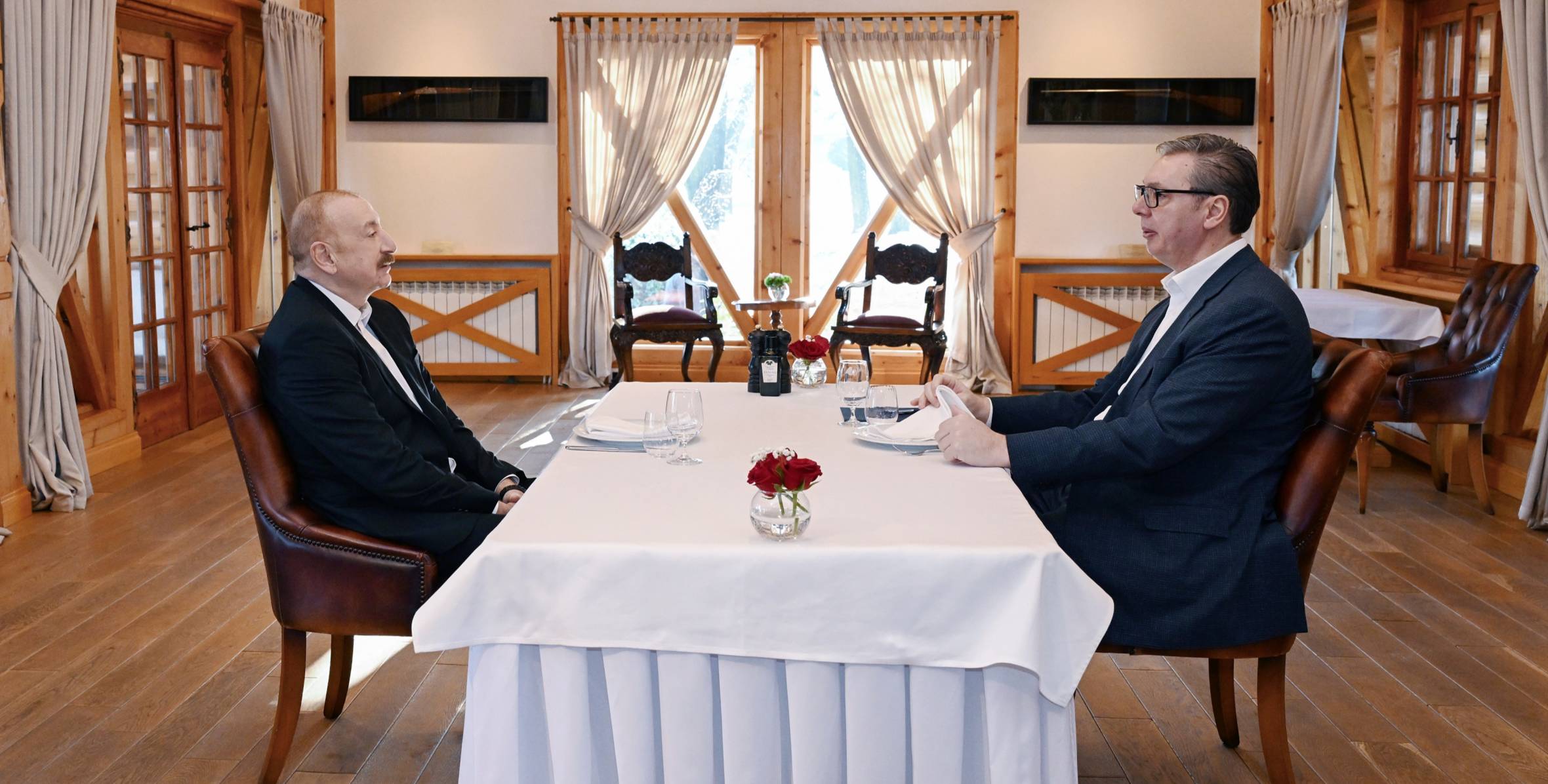(Against the background of President Ilham Aliyev's calls)
ARTICLE I
It is necessary to raise the respect of intellectuals, cultural figures, scientists in the society.
Heydar Aliyev
National Leader
The intellectual way of development
According to history, scientific intelligence has become an extremely important and strategic factor for the modern world. Now scientists do not imagine the development of mankind outside of science. This can be called "extreme scientism", it is also possible to claim the opposite. But the reality is the same: everywhere people face the consequences of science, they look at the world through the eyes of science. In fact, the human race has "no other eyes left" to see the world! Korean philosopher Yuk Huyi claims that even the Universe as a whole is already "technocosmos". That is, we are doomed to perceive the world as a landscape created by science and technology, and therefore our modern world is actually "technocosmism".
Of course, Azerbaijan, which is rapidly modernizing and surprising the world with its successes, cannot be left out of this process as a state and society. Azerbaijan not only does not stay out of that development course, but even sees science and education at the center of development at the new stage. President Ilham Aliyev has put forward theses of action in this regard several times. He also gave clear and concrete messages at the swearing-in ceremony.
The President of Azerbaijan has repeatedly announced the strategic nature of science and education. He said that one of the two important issues facing Azerbaijan is education. At the swearing-in ceremony, he brought the education of the new generation and the development of the Azerbaijani ideology to the fore. The President mentioned technological development as one of the important issues. Ilham Aliyev separately emphasized the need to turn technological development, cyber security, and the application of artificial intelligence into the features of Azerbaijan's daily life. Otherwise, "we may be left behind." "And we cannot be left behind"!
Of course, we should accept the President's views on the new stage as important tasks facing society as a whole! In particular, we should accept it as a task set before the institutions engaged in science and every scientific creative staff.
ANAS must take an active part in that process. There is no need to further prove the strategic importance and necessity of the research conducted in the main scientific institution of Azerbaijan. Here, the organization of scientific research is already updated and serves a specific purpose. Let's say that ANAS now mainly conducts research in social and humanitarian fields. This gives a concrete direction to the institution's research strategy.
First of all, let's emphasize that the strategic importance of socio-humanitarian research has increased in the modern historical stage. The main reason for this is related to the "scientific understanding of the world and even the Universe", which we emphasized above and, to put it figuratively.
Philosophical, political, spiritual, moral, economic, social, cultural, axiological, ideological and psychological effects of every new scientific invention or discovery applied flexibly to the fast-paced society should be studied with the same flexibility and breadth, so that the development direction of the country as a whole can be correctly determined. to be able to determine. A scientific organization conducting systematic research should take the lead in organizing this work. In this regard, ANAS has determined the tactical, organizational and strategic aspects of research in the social and humanitarian fields and is organizing scientific activities on that course. In order to create a complete picture, it is necessary to focus on this aspect of the issue.
In the synthesis of national idea and strategic development
The President of ANAS, Academician Isa Habibbeyli, at the first meeting of the Board of Directors of ANAS on February 13 this year, stated that the main task ahead in the new historical stage was "the development of our national idea for the future period and he said that it consists of actively participating in the implementation of the thesis "determining the new development strategy of our state". Scientists of the Humanities and Social Sciences departments of ANAS have a great responsibility in this regard. Preliminary discussions have already been held in the Presidium of ANAS in order to fulfill the task of the President of Azerbaijan. After that, new discussions will be held with the participation of scientists in the institution's scientific institutions in order to determine the new development strategy of our national idea and our state.
Developing his ideas, the head of ANAS stated that researches will be intensified in the organization as a whole against the background of the challenges of the President and modern world science. At this time, academician Isa Habibbeyli specifically said that priority will be given to the researches arising from the provisions expressed in "Azerbaijan 2030: National Priorities for socio-economic development".
In addition to these, the renewed ANAS will further expand its international scientific relations and accelerate the integration of Azerbaijani science into the science of the developed part of the world. Precise action programs have been developed in these areas. Agreements on cooperation with a number of prestigious science centers have been reached. In addition, the relations with the scientific institutions of the Turkish states are raised to a new level. This peculiarity fully corresponds to the essence and purpose of the strategically important thesis ("Our family is the Turkish World" and "we have no other family", therefore the strengthening of the Organization of Turkic States is necessary) put forward by the President in his speech at the Inauguration ceremony.
There is no doubt that one of the main directions in strengthening the Organization of Turkic States is to raise cooperation in the fields of science, education, and culture to a new level. It is in that aspect that the current management of ANAS is working with all its strength, very interesting ideas and projects are being prepared in the status of action programs. In particular, concrete steps are being taken to publish the works of Azerbaijani scientists in high-index international scientific journals in Turkish states.
All this, of course, requires innovations in the scientific management process at ANAS. They have already been specifically defined. Academician Isa Habibbayli classified those innovations as follows:
- increasing the flexibility of management and reforms;
- broad discussion of issues relevant to scientific institutions;
- searching for effective solutions to emerging problems;
- Creation of mutual relations between scientific institutions of ANAS;
- exchange of experience;
- development of new mechanisms for conducting scientific research works in accordance with modern requirements;
- organization of joint scientific and scientific-technical events;
- establishment of the Board of Directors regarding the improvement of scientific activity and current management.
In the context of the organization of scientific research, the identification of specific 8 directions of innovation shows that the management of ANAS has a systematic, scientific and logical approach to the issue. Because the philosophical-synergistic analysis of those directions shows that there is an internal logical connection, content coherence and the same strategic goal between them. Let's dwell on this aspect of the matter.
Synergism of 8 directions of innovation
Here, by "synergism" we mean that the directions of innovation highlighted in terms of content, realization and purpose are in such a systematic relationship with each other that a "synergistic effect" is formed in the end, that is, ANAS operates as a whole and fully developing system, and this kind of functionality science - give practical effect. So, "synergism" is not used as a fancy term here. It is a general theoretical expression of a complex process that results as a result of concrete practical realization. The selection of innovation directions in ANAS was based on the principle of achieving theoretical as well as practical results. We will try to prove this aspect with philosophical-scientific and logical arguments.
First, let's look at how the highlighted directions express different aspects of innovation.
We are sure that the management of ANAS approached the issue in the prism of the criteria of systematic and modern scientific activity.
Thus, the organization of scientific activity in the modernization was determined not according to the traditional disciplinary (disciplinary) principle, but based on the main provisions of the Law of Azerbaijan "On Science". To be more specific, in Article 5.2 of the draft law of the Republic of Azerbaijan dated May 12, 2023, "On Amendments to the Law of the Republic of Azerbaijan "On Science", the words "various fields of science" in Article 11.3 are replaced by the words "directions of its activity" be replaced", in Article 5.5, "in Article 11.6, the words "various fields of science" should be replaced by the words "directions of activity" and "in Article 5.7, "in Article 11.9, before the words "in the field of science", "on the directions of activity" words should be added" (see: Draft Law of the Republic of Azerbaijan on Amendments to the Law of the Republic of Azerbaijan "On Science" // https://meclis.gov.az/news-layihe.php?id=2037&lang=az&par=4, 12.05. 2023).
The main point here is that the expression "various fields of science" in the law is more suitable for disciplinary scientific activity, and its replacement with the words "directions of activity" is suitable for interdisciplinary (interdisciplinary) scientific activity. Therefore, the amendment envisages the organization of scientific research not according to disciplinary division, but based on the interaction of different sciences, the synthesis of scientific research and the complex organization of activity.
Let's also remind that at that time, academician Isa Habibbayli was the chairman of the "Science and Education" Committee of the Milli Majlis. This means that the head of ANAS actually plays a leading role in the reforms carried out in science. Against the background of all this, one can understand the internal connection of the 8 directions of innovation determined by ANAS.
The first important point here is to look at reforms and management flexibility in a single context. They should be conducted on the basis of a broad discussion of current issues. That is, all aspects of the organization of scientific activity are determined against the background of the synthesis of not only cognitive, but also management and activity organization aspects of the new approaches that will be formed on the basis of extensive discussions. This means that the evaluation of the interdisciplinary scientific knowledge obtained on the basis of the organization of scientific research should be carried out in the unity of the theoretical aspect and management aspects. At the modern stage, in the developed countries of the world, the organization of scientific research and the evaluation of scientific knowledge are based on a similar mechanism.
As an example, let's look at the position of the International Science Council, which currently plays a special role in the perspectives of the organization of science in the West. The International Scientific Council Committee on responsibility and freedom in science of this organization prepared a very interesting report in 2021 called "A modern view of free and responsible scientific practice in the 21st century". The aspect of this report that resonates with the thesis of the main idea of the changes made to the Law "On Science" in Azerbaijan - "elimination of restrictions on scientific activity" - is related to prioritizing free and responsible scientific activity.
(to be continued)
Fuzuli Gurbanov,
XQ analyst, doctor of philosophy




